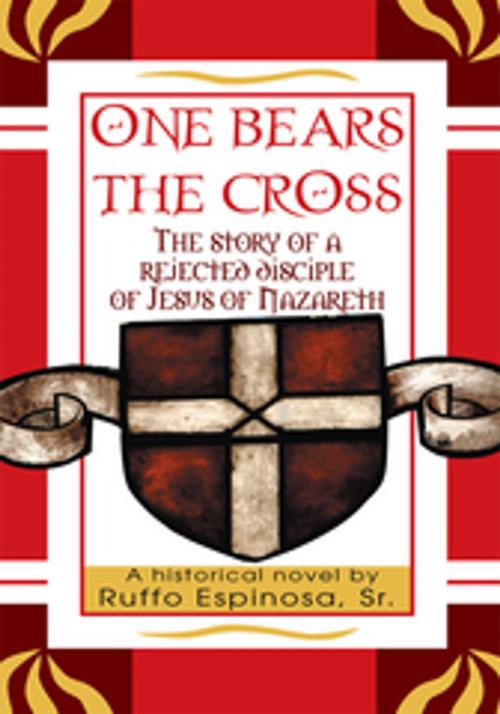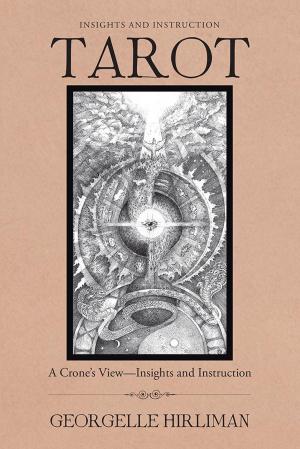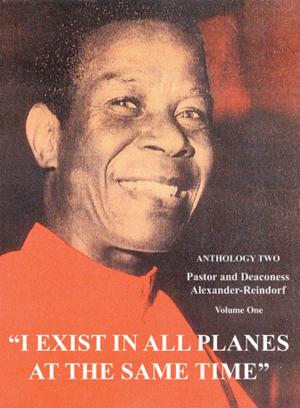"One Bears the Cross"
The Story of a Rejected Disciple of Jesus of Nazareth
Fiction & Literature, Religious| Author: | Ruffo Espinosa Sr. | ISBN: | 9780595801374 |
| Publisher: | iUniverse | Publication: | June 26, 2005 |
| Imprint: | iUniverse | Language: | English |
| Author: | Ruffo Espinosa Sr. |
| ISBN: | 9780595801374 |
| Publisher: | iUniverse |
| Publication: | June 26, 2005 |
| Imprint: | iUniverse |
| Language: | English |
The author reflects on the betrayal of Jesus and proposes a spiritual explanation for why Judas Iscariot from Judea was chosen to carry the label "traitor." This story describes apostle Judas Thaddeus' struggle with his name after Judas Iscariot's betrayal of Jesus; it is narrated through an aspiring apostle, Barsabbas, who mistakenly believes he was overlooked for the job.
Although much has been written about the 12 apostles, little is actually known about their personal lives. We do know that many were unlearned fishermen and they, no doubt, had ambitions, fears, and carnal desires similar to those of men throughout the ages.
The message of this book is developed through the lives of three such men: Judas Iscariot, Judas Thaddeus, and Barsabbas. The author suggests that there is a little of Iscariot, Thaddeus, and Barsabbas in all of us. It is the conflict between their personalities which fuels the best and worst qualities of mankind; true power is not found through force but in those ideals exemplified by Barsabbas-forgiveness and love.
The author reflects on the betrayal of Jesus and proposes a spiritual explanation for why Judas Iscariot from Judea was chosen to carry the label "traitor." This story describes apostle Judas Thaddeus' struggle with his name after Judas Iscariot's betrayal of Jesus; it is narrated through an aspiring apostle, Barsabbas, who mistakenly believes he was overlooked for the job.
Although much has been written about the 12 apostles, little is actually known about their personal lives. We do know that many were unlearned fishermen and they, no doubt, had ambitions, fears, and carnal desires similar to those of men throughout the ages.
The message of this book is developed through the lives of three such men: Judas Iscariot, Judas Thaddeus, and Barsabbas. The author suggests that there is a little of Iscariot, Thaddeus, and Barsabbas in all of us. It is the conflict between their personalities which fuels the best and worst qualities of mankind; true power is not found through force but in those ideals exemplified by Barsabbas-forgiveness and love.















